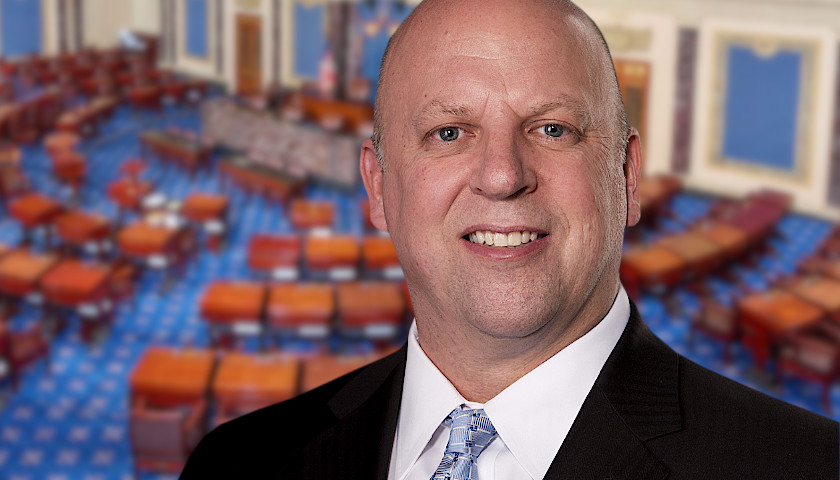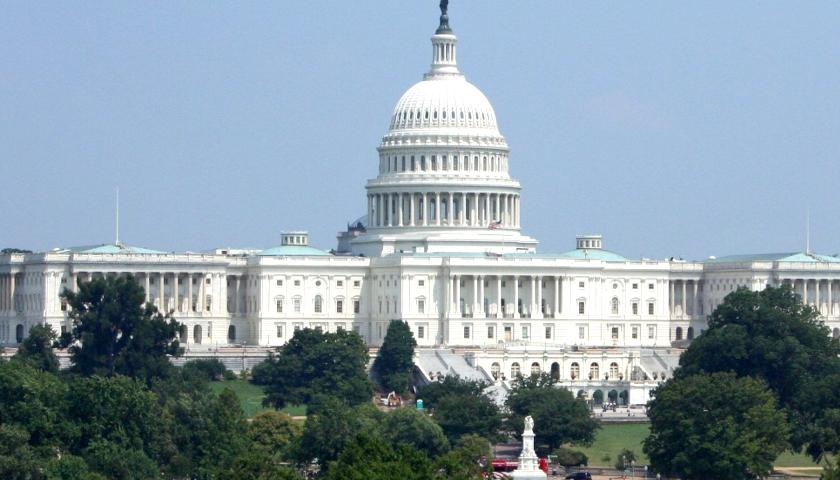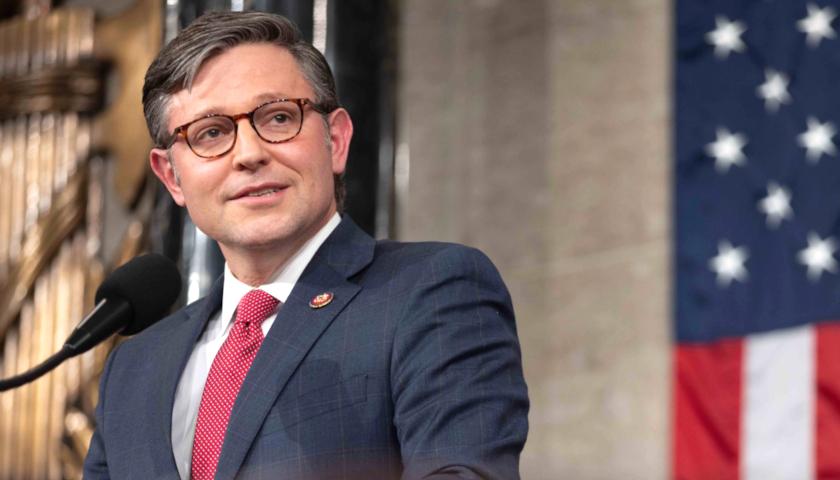Various national security departments would stay open during a government shutdown under new legislation that U.S. Republican Rep. Scott DesJarlais of Tennessee’s Fourth Congressional District submitted this week.
The Department of Defense, Homeland Security, and Veterans Affairs are among the agencies that would continue to receive funding. This, according to a press release DesJarlais’ office released this week.
But, as Desjarlais’ spokesman Brendan Thomas told The Tennessee Star in an emailed statement, Congress must pass the bill first.
“As things currently stand, a government shutdown would disrupt funding for DHS, responsible for elements of national security. Under Rep. DesJarlais’ bill that would never happen,” Thomas said.
“Instead of zero, DHS would receive 100 percent of its current funding. It could continue normal operations. But some agencies would receive only 95 percent of funding.”
The press release quoted DesJarlais as saying he supports “building additional physical barriers on the U.S.-Mexico border to deter illegal immigration, drugs and gang crime.” His legislation would pressure negotiators to fulfill promises both parties have made for decades, according to the press release.
“Bad deals to end shutdowns have typically resulted in even higher levels of wasteful spending, while the border problem has become worse and worse. In Washington, supporters of the failing status quo get everything they want, while in Tennessee, my constituents continue to demand safe borders and spending discipline,” DesJarlais said.
“The Prevent Future Shutdowns Act increases the penalty for those who resist and obstruct common-sense solutions to transnational crime, the drug epidemic, and illegal labor depressing Americans’ wages. It would force negotiators to approach these issues in good faith or face consequences.”
When asked how bad deals result in more wasteful spending, Thomas said shutdowns — or looming ones — tend to work in favor of more big government and the status quo.
“Since the sequester, a ‘blunt instrument’ that Congress nevertheless intended to restrict federal spending and debt, successive budget deals to avoid or end shutdowns have nearly reversed it,” Thomas said.
“Federal spending has reached an unsustainable level. And, yet, the border problem is as bad as ever, in many respects.”
As the press release went on to say, negotiators are currently attempting to craft a Homeland Security funding bill that improves border security and avoids another partial government shutdown on Friday. If negotiations fail, it would be the second partial shutdown in a month, the press release said.
The Preventing Future Shutdowns Act (H.R. 1124) would enact automatic appropriations at reduced spending levels in the event of a lapse. To continue normal operations, national security-related departments would receive 100 percent of previously approved funding. Other departments would see a 5 percent reduction from previously enacted levels. Only discretionary funding would be affected, according to the press release.
Social Security and other mandatory programs would remain untouched, the press release said.
“If the disruption were to cause real spending discipline, radical proposals such as a recent one to release foreign criminals into the U.S., would never see the light of day,” said DesJarlais, a member of the House Armed Services Committee.
“There would be a penalty for bad-faith negotiations. In fact, we would achieve a desirable short-term goal, and true border security would be attainable. I will always fight for safe and secure borders, and I will always fight for spending discipline. This bill would help to achieve both at a critical moment.”
When asked about chances of passage in a Democratic-controlled House of Representatives, Thomas told The Star that DesJarlais is “currently attacting co-sponsors.”
– – –
Chris Butler is an investigative journalist at The Tennessee Star. Follow Chris on Facebook. Email tips to [email protected].





